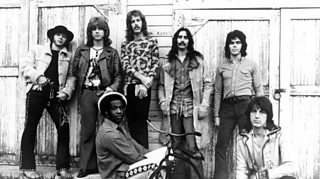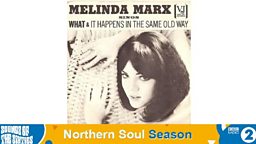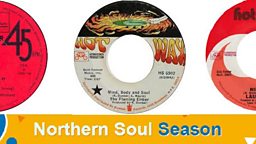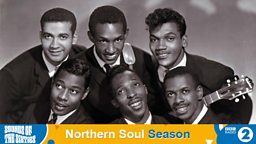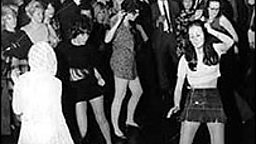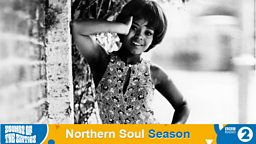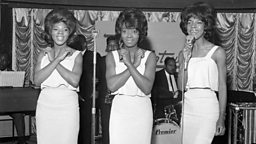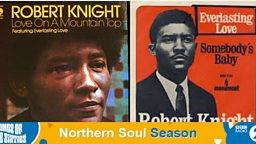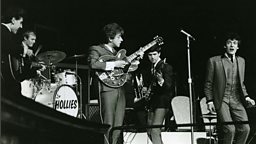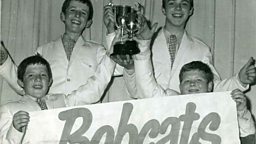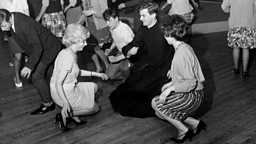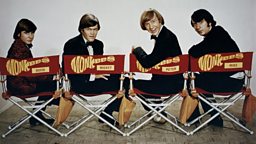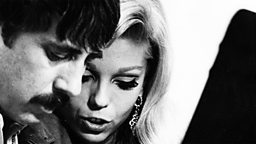Does Dusty Springfield owe Dionne Warwick an apology?
by Bob Stanley of
Since 1964, k has had a bee in her bonnet about 's cover version of Anyone Who Had A Heart. Last week she was asked by the Mail On Sunday if she felt anyone should apologise to her. "Cilla Black, and " she said. "I was very upset that over the years a lot of my songs have been covered by British artists. I didn’t like that the original versions weren’t given enough time to be heard."

Call me controversial, but I have no idea why either Sandie (who released her Always Something There To Remind Me two years before Dionne!) or Dusty should be apologising. If Dusty was still with us to defend herself, she might point out that I Just Don't Know What To Do With Myself was .
I was very upset that over the years a lot of my songs have been covered by British artists- Dionne Warwick
Dusty was drawn to Burt Bacharach and Hal David's songs from the word go. Her first solo album, 1964's A Girl Called Dusty, included three of the team's songs: , Anyone Who Had a Heart and , which was released as a single in the US, where it gave her a Top 10 hit. The Bacharach songs Dusty chose to record certainly weren't all treading on Dionne's toes: Jimmy Radcliffe cut the original Long After Tonight Is All Over (released by Dusty on her 1965 album Everything's Comin' Up Dusty); while (They Long To Be) Close To You was first released by Dr Kildare himself, Richard Chamberlain, on the b-side of another Bacharach/David song called Blue Guitar in 1963. I don't know about you, but I've always thought that when Hal David wrote "they sprinkled moon dust in your hair and golden starlight in your eyes of blue" he probably wasn't writing about a man. Karen Carpenter may not have been singing to a woman on her breakthrough hit version, but in 1967 Dusty - like Richard Chamberlain before her - may well have been.
The overlooked (OK, this was a Dionne song, and a very similar arrangement too) came out on the equally overlooked Dusty Definitely, a fine 1968 album and her last of the sixties to be recorded in Britain. Her much lauded late '68 album Dusty In Memphis included her signature tune Son Of A Preacher Man, as well as another relatively obscure Bacharach song called , first recorded - and a very intense version it is, too - by the Drifters in 1964. Arif Mardin's Ravel-based string arrangement for Dusty was very different - it was released as a US single but only reached no.113.
I only wish Dusty had recorded more Bacharach songs - imagine her delicately making her through A House Is Not A Home or The Last One To Be Loved. But I shouldn't be greedy. We should be thankful for Dusty's great taste and studio nous - from A Girl Called Dusty in 1964 through to See All Her Faces in 1972, she never once recorded a sub-standard song.
You can hear Brian Matthew interviewing Dusty back in 1964, in the clip below.

Dusty Springfield
Dusty Springfield talks to Brian Matthew about life after singing...
-
![]()
The Beach Boy opens up about the events that delayed the release of the album material
-
![]()
Your no nonsense guide to this week's playlist

